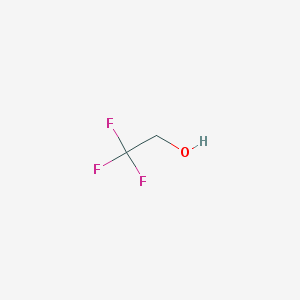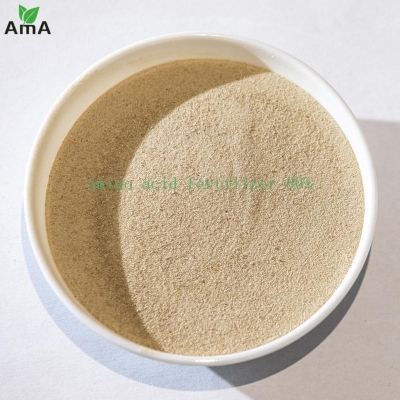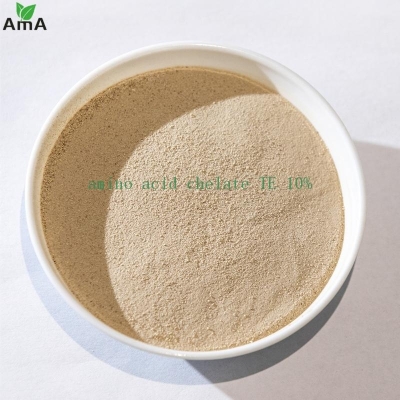A large number of drugs will be classified as restricted use levels to be focused on supervision.
-
Last Update: 2020-08-06
-
Source: Internet
-
Author: User
Search more information of high quality chemicals, good prices and reliable suppliers, visit
www.echemi.com
" Pharmaceutical Network Industry Dynamics" Recently, the National Health and Health Commission issued the "Public Consultation on the Clinical Application of Anti-Tumor Drugs" (hereinafter referred to as the "Measures"), to combat the clinical use of cancer drugs put forward clear requirements.
it is worth noting that the Measures require hierarchical management for the clinical application of anti-tumor drugs.
according to safety, accessibility, economy and other factors, anti-tumor drugs are divided into restricted use and general use level.
, anti-tumor drugs that are expensive or have significant side effects will be classified as restricted. In addition to
, the Measures also require medical institutions to establish a system for the selection and evaluation of anti-tumor drugs, to develop a catalogue of anti-tumor drugs in accordance with the needs of the institution for the diagnosis and treatment of cancer diseases, and to adjust them regularly.
in fact, malignant tumorhas has gradually become one of the most serious diseases threatening human health and social development due to various objective factors such as the change of living environment, mode and the increase of survival pressure.
against this backdrop, the world anti-tumor drug market is growing rapidly, with sales of cancer drugs doubling in just five years, outpacing the growth of other drugs.
expects the global oncology market to exceed $150 billion by 2020, with sales of prescription cancer drugs exceeding $110 billion.
it is understood that, in addition to the growing global anti-tumor drug market, in China's hospital drug market, the scale of sales of anti-tumor drugs has also been growing steadily in recent years, especially in 2003-2005, the compound growth rate reached 24.53 percent.
and 2019 China's anti-tumor and immunomodulatory drug market size, is as high as 149.03 billion yuan, an increase of 14.55 percent year-on-year, with huge market development prospects and potential.
, therefore, in the huge market space, anti-tumor drugs once divided into restricted use level, will have an inevitable impact on their market.
in fact, for the current drug companies, in addition to anti-tumor drugs will be graded use, health insurance catalog, focus monitoring catalog, hospital procurement catalog and hospital cancer drug supply catalog corresponding changes are the drug companies focus on the issue.
this is mainly because the pharmaceutical market is a very vulnerable to policy impact of the industry, pharmaceutical companies need to adjust their strategies in accordance with policy and market changes at any time.
in recent years, with the growing market of anti-tumor drugs in recent years, with small molecule-targeted drugs (targeted drugs) and macromolecule monoclonal antibodies (immunotherapy drugs) as the representative of the rapid emergence of new anti-tumor drugs.
in order to regulate the clinical and rational application of anti-tumor drugs, ensure medical safety and improve medical quality, the state is constantly introducing relevant regulatory measures to bring anti-tumor drugs from research and development to sales and use of all aspects into the eyes of national regulatory authorities.
, for example, in 2019, China's "Guidelines for the Clinical Application of New Anti-Tumor Drugs" (the "Guidelines") issued by the National Health And Health Administration has entered the "General Law Period", which involves 42 new anti-cancer drugs, which will guide clinical norms, rational use of drugs, and resolutely combat the abuse of anti-cancer drugs.
in short, from the perspective of various relevant policy norms, for pharmaceutical companies, the future will not only be affected by the hospital oncology drug supply catalog, anti-tumor drug classification, but also under the influence of these policies under the impact of doctors' prescription behavior changes.
some of the original non-compliance will not be allowed to happen again.
in this context, the industry believes that in the future, with the national clinical application of anti-tumor drugs to implement hierarchical management, those safer, accessible, more economical drugs, will usher in more market opportunities.
and those drugs have great side effects, including toxic drugs management, strict adaptation, taboo evidence, expensive, heavy financial burden of drugs, will face more severe challenges.
.
This article is an English version of an article which is originally in the Chinese language on echemi.com and is provided for information purposes only.
This website makes no representation or warranty of any kind, either expressed or implied, as to the accuracy, completeness ownership or reliability of
the article or any translations thereof. If you have any concerns or complaints relating to the article, please send an email, providing a detailed
description of the concern or complaint, to
service@echemi.com. A staff member will contact you within 5 working days. Once verified, infringing content
will be removed immediately.







